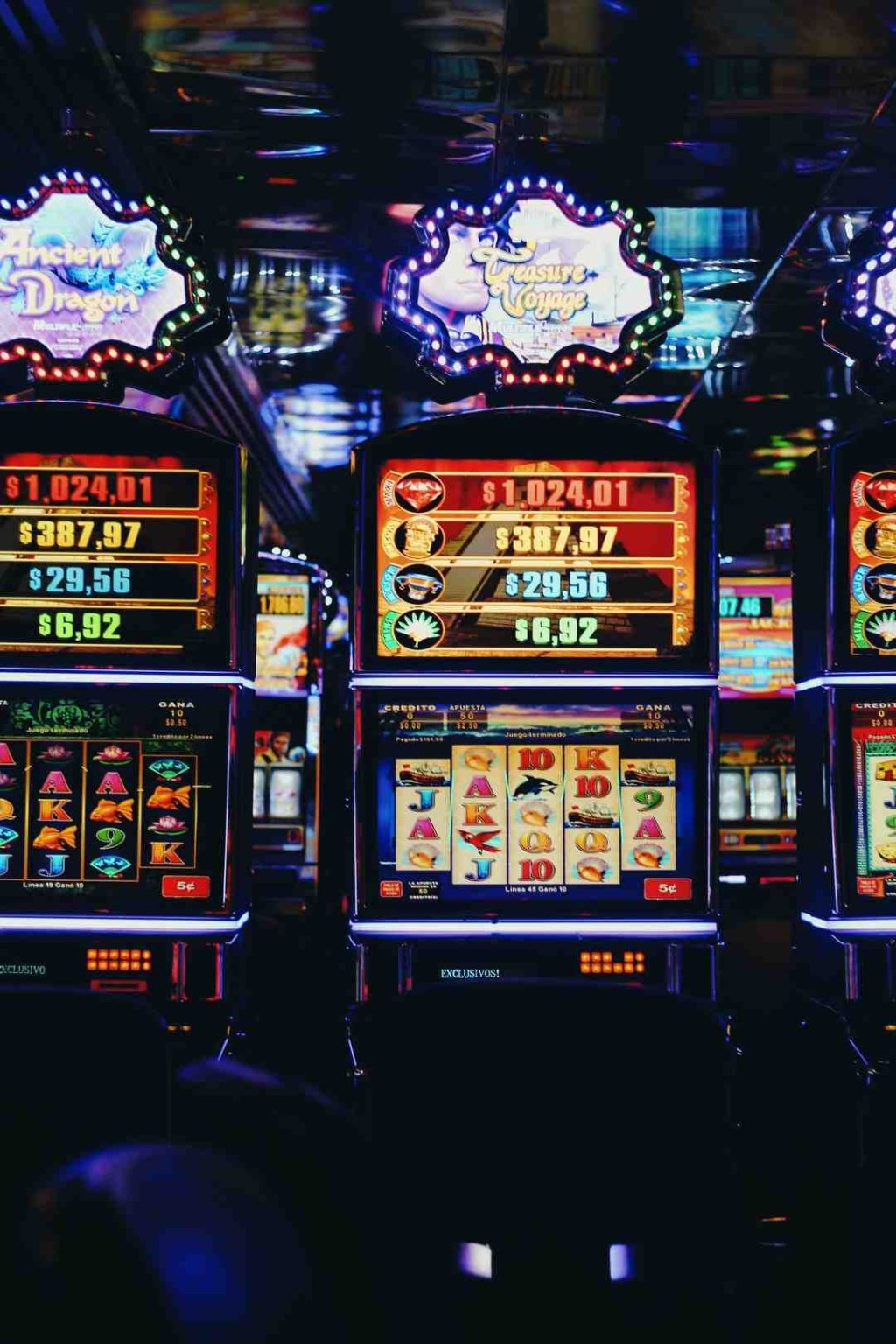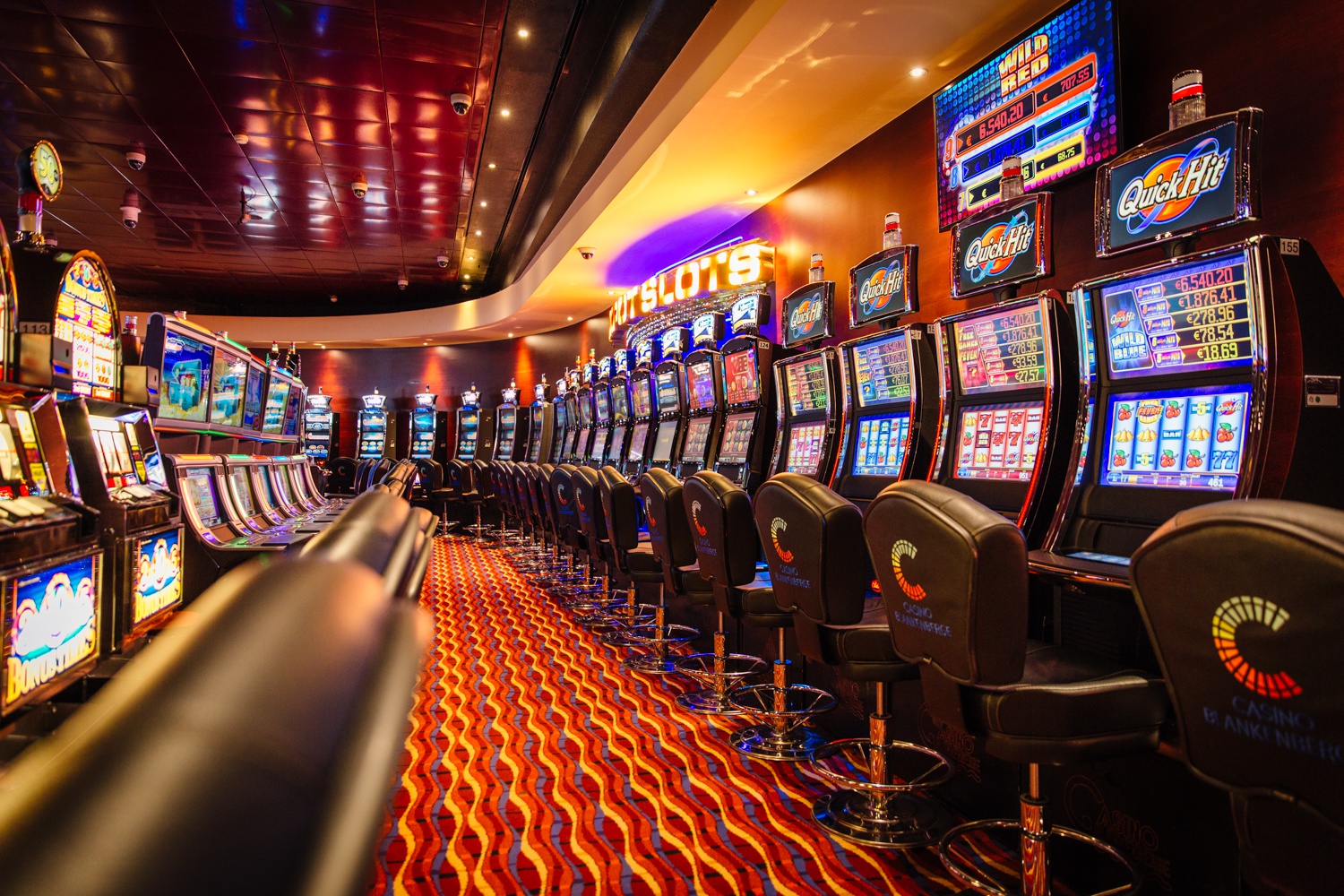In the world of gambling, where chance and strategy converge, a unique tapestry of beliefs emerges—one that intertwines luck, fate, and the enigmatic nature of casino games. Casinos, bustling with excitement and anticipation, are not just venues for placing bets; they are also arenas where superstitions thrive. Ranging from the novice player to the seasoned gambler, these mysterious practices often shape how individuals approach the games they play, holding the belief that their actions can impact the outcome in ways that go beyond mere probability.
As players gather around roulette wheels, blackjack tables, and slot machines, the atmosphere is thick with stories of lucky charms, rituals, and codified behavior that defy logic yet provide a sense of comfort. Whether it’s wearing a specific outfit, following a particular sequence of bets, or even avoiding certain numbers, the attachment to various superstitions reflects a deep-rooted desire to master the uncontrollable. This article delves into the captivating world of casino game superstitions, examining the beliefs that simultaneously entertain and mystify those who dare to play.
Historical Origins of Superstitions
Gambling games have long been entwined with an variety of superstitions that trace to primitive societies. The roots of these notions can be linked to humanity’s intrinsic need to manage the random outcomes associated with fortune and uncertainty. In primitive civilizations, activities of uncertainty were often tied to spiritual practices. Players would invoke blessings or ask for favor from deities, believing that their actions could change the odds in their benefit. This foundation laid the groundwork for the variety of superstitions that proliferated as gambling evolved over ages.
During the medieval period, betting became a popular hobby across Europe, and with it, a colorful tapestry of superstitions emerged. Players adopted different rituals and charms, believing they could influence the outcome of games. The significance of numbers, in particular, started to show in superstitions around card games and dice. The number seven was often considered favorable, while various numbers carried unfortunate connotations. These ideas mirrored the societal contexts of the time, adapting as they moved through generations and transformed to new gaming environments.
As gaming establishments developed in the 1600s, particularly in the Italian peninsula and France, the atmosphere surrounding gambling became saturated in enigma. The growing availability of casino activities allowed for the expansion and diversification of superstitions among players. Concepts like fortunate charms, special seating positions, and rituals gained importance, creating a distinct culture within gambling establishments. As these customs continued to thrive, they became integral to the essence of gambling games, illustrating how the past and society shape the notions that influence how gamblers connect with luck.
Widespread Casino Myths
Superstitions surrounding gambling games are plentiful and varied, reflecting the hopes and fears of players as they participate in chance-based games. One of the most prevalent views is that specific numbers bring fortune or bad luck. For example, the digit seven is often seen as a favorable number, frequently embraced by players looking for a positive result. Conversely, the number thirteen is routinely considered cursed, leading many players to avoid it during their gambling sessions.
Another common superstition relates to rituals that players believe can affect their chances. Whether blowing on the dice before a roll, using a particular gesture to place a bet, or even putting on specific items of attire, many individuals feel that these rituals can sway luck in their favor. These rituals offer a sense of control in an otherwise unpredictable environment, strengthening the idea that luck can be created through personal convictions and habits. trang chủ Zbet
Finally, the environment and vibe of the casino itself adds to myths. Many gamblers suggest that the presence of specific symbols, such as four-leaf clovers or fortunate tokens, can enhance their chances of success. Additionally, players might adhere to the belief that victory streaks can be interrupted by mundane occurrences, such as a person passing by or a accident at the gaming surface. The collective environment in a casino can amplify these beliefs, creating a shared culture of myths that goes beyond single experiences.
Impact of Superstitions on Players
Superstitions play a crucial role in the mindset of gamblers, often affecting their actions and decision-making. Many gamblers believe that fortune can be manipulated through different rituals, such as donning a talisman, selecting specific colors, or avoiding certain numbers. This dependence on superstitions can create a sense of control in an environment that is intrinsically unpredictable. Players frequently feel more confident and engaged when they believe that their actions could sway the outcome of a game in their favor.
The influence of these superstitions extends past singular players, affecting the overall atmosphere within the casino. For example, a player who holds the belief in the luck of a certain slot machine might attract a gathering, as onlookers are intrigued by their apparent luck. This shared belief can amplify excitement and create a lively environment, leading to an captivating experience even for those who may not necessarily be believers themselves. The excitement around specific games can lead to increased participation and extended playing sessions, supporting the casino’s lively social scene.
In some instances, superstitions can lead to negative effects for players. Relying too much on rituals can result in bad gambling decisions, as some may overlook basic strategies in favor of unfounded beliefs. Additionally, the stress to perform rituals may heighten anxiety and stress levels, detracting from the pleasure of the experience. Ultimately, while superstitions can enhance the excitement of playing casino games, they can also lead to unwise choices that overshadow the enjoyment and amusement intended in the casino experience.


